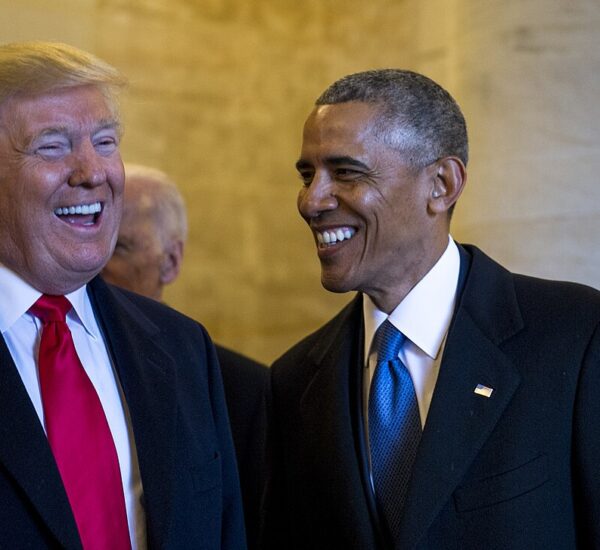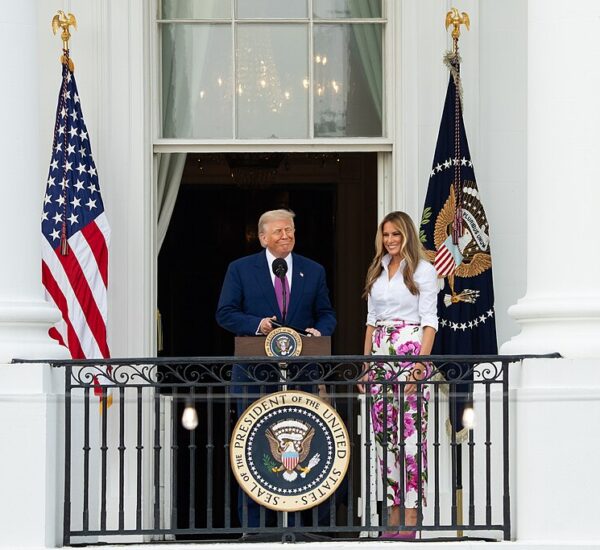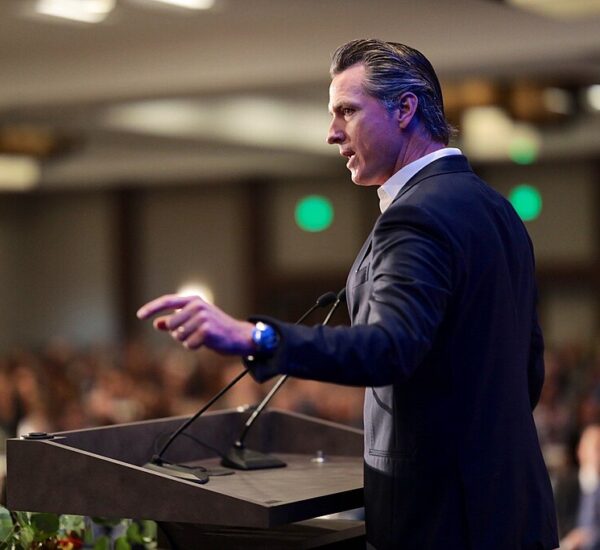Biden Admits Defeat?
Biden’s already giving up.
In a recent interview with Puck News, Jen O’Malley Dillon, chairwoman of President Biden’s re-election campaign, made clear her perspective on Florida’s role in the upcoming 2024 presidential election, dismissing it as a battleground state. When asked directly if Florida was in contention, Dillon responded with a succinct “No.” However, this assertion seems at odds with statements from other figures within Biden’s campaign.
Dan Kanninen, director of battleground states for the Biden campaign, offered a contrasting view, affirming that Florida remains in play for President Biden and Democrats. Kanninen emphasized their strategy of increasing presence and investments in the state, positioning Biden’s campaign against what he characterized as Trump’s complacency and divisive policies.
This internal divergence mirrors broader assessments from Democratic leaders like Jaime Harrison, chairman of the Democratic National Committee, who recently highlighted Florida as a pivotal state that could swing in Biden’s favor. Harrison’s remarks underscore the strategic importance Democrats place on contesting Florida despite current polling trends.
Speaking of polls, recent data has consistently shown former President Donald Trump leading in Florida, both in head-to-head matchups with Biden and when third-party candidates are included. This advantage for Trump reflects a wider margin according to a FiveThirtyEight poll average, suggesting a challenging electoral landscape for Biden’s team.
Jen O’Malley Dillon, drawing from her experience managing Biden’s 2020 campaign, outlined a broader battleground strategy that focuses on states traditionally pivotal in presidential elections. She highlighted Michigan, Wisconsin, Pennsylvania, Nevada, Arizona, Georgia, and North Carolina as critical battlegrounds where the campaign intends to compete vigorously.
Despite current polling favoring Trump in several of these states, Dillon remained optimistic, citing the fluidity of electoral dynamics and the campaign’s strategy to maintain flexibility as key to securing the necessary 270 electoral votes. Reflecting on past elections, she noted how states like Georgia and Arizona emerged as battlegrounds late in the 2020 cycle, illustrating the unpredictable nature of electoral politics.
In conclusion, while internal campaign voices like Dillon may downplay Florida’s immediate battleground status, broader campaign efforts and statements from other key figures indicate a concerted effort to contest the state. With electoral dynamics evolving and historical precedent suggesting potential shifts, the 2024 election remains fluid and unpredictable, demanding strategic adaptability from all campaigns involved.






